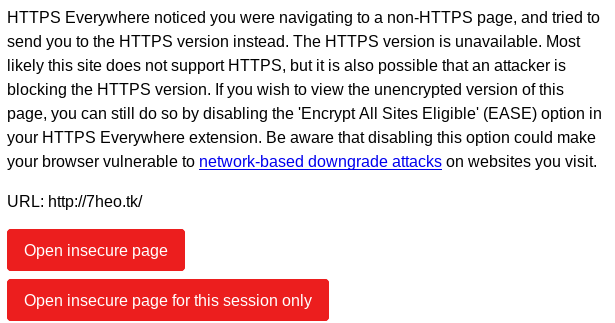@7heo , IMO, It would be better to discuss more concrete/real examples, such as netflix videos, book or music data files, or games; and specific software that attempts to have both “for pay” in play store and free/unlocked versions in f-droid, like Tasks and OSMAnd.
Please “forgive” me for not seeing your example was actually an analogy, in your mind. Have no “fear.” I “fear” I will anger you by pointing out you are trying to demand overly precise definitions of some words (limitation, restriction), while yourself using less precise definitions of other words (fear). Your definitions are not “bad”, but these may better (graphically) illustrate some nuances and overlaps of limitation and restriction:
(Also interesting re: Rights or Restrictions: Rights synonyms, rights antonyms - FreeThesaurus.com)
You remind me of a DRM-related video I recently watched, when/how RMS commented after the ~40 minute 2017 LibrePlanet keynote speech by Cory Doctorow (42:15). He criticized the “shocking” confusion of terminology and (incorrect) optimistic view of Free software “winning.” Rather than thanking the speaker for a great, informative talk on DRM, including encouraging examples of progress.
Another interesting part of the QA was when the last questioner asked (~56:00) Q: Should we modify free software licenses to forbid DRM? and RMS answered: No. That would damage freedom zero too much. The disappearance of the speaker at the end was also priceless to see.
So, although we strongly dislike the restrictions or limitations of DRM, and say it is “inconsistent with” free software, it is not forbidden by the terms of free software licenses, which is interesting and confusing.
“shareware”.
IIUC, shareware has traditionally been considered NOT free software because the source was not available.
You seem to imply
You are assuming, incorrectly. Like I assumed you really meant a car, not an analogy. Assuming or Assume… makes an Ass of U and Me. You missed my (not explained) points, which are along the lines of: “music” is in the ear, and sometimes eye or other senses, of the beholder. And any data (including software, binaries or sources) is just a bunch of bits, unless or until you can use it for something.
@nostromov , I agree. Thanks for a concise answer. And sorry for doing the opposite. But how is effective pay-for-features any different?
@Zolidor , These days the idea of musicians putting pencil to paper sheets to write music seems quaint. I expect many use “music processors” with a bunch of “productivity” tools, similar to word processors, or IDEs.
So the key thing that makes pay-for-features OK for “free software” is: it is usually done in a way that allows copying, and is weak, ineffective, easy to remove, and open-source?

